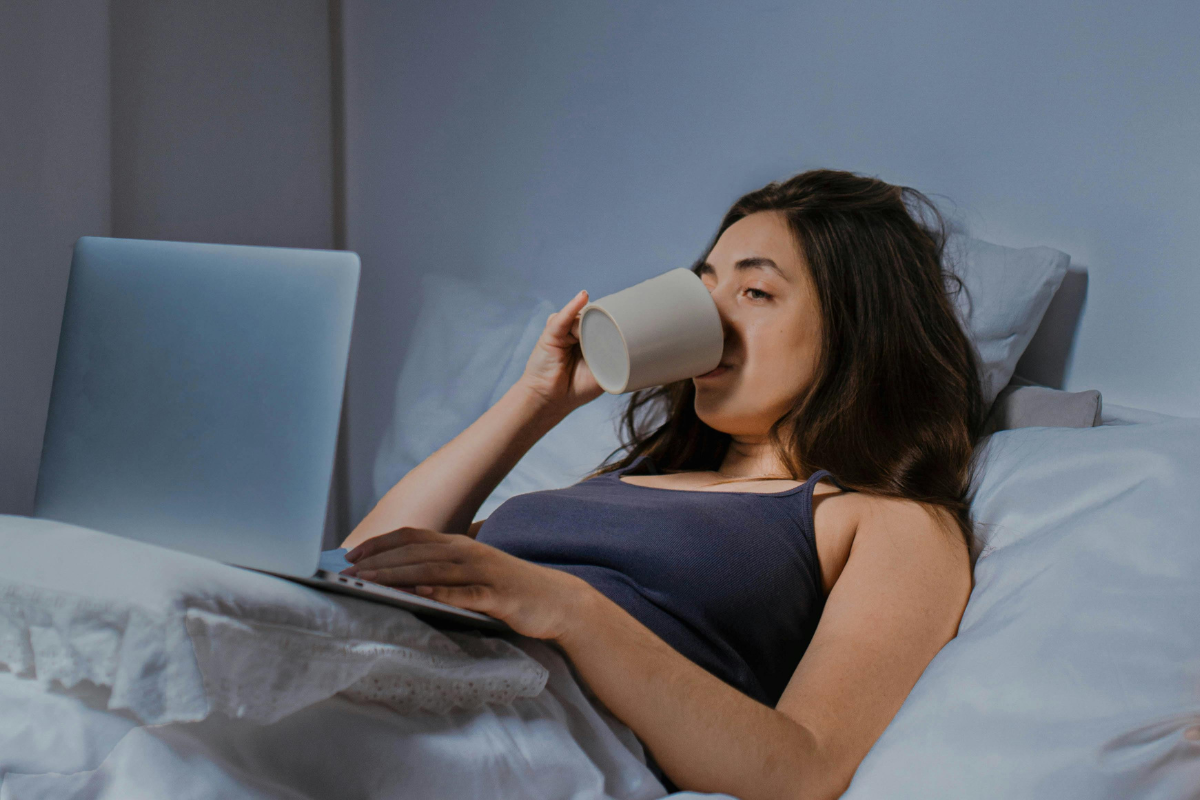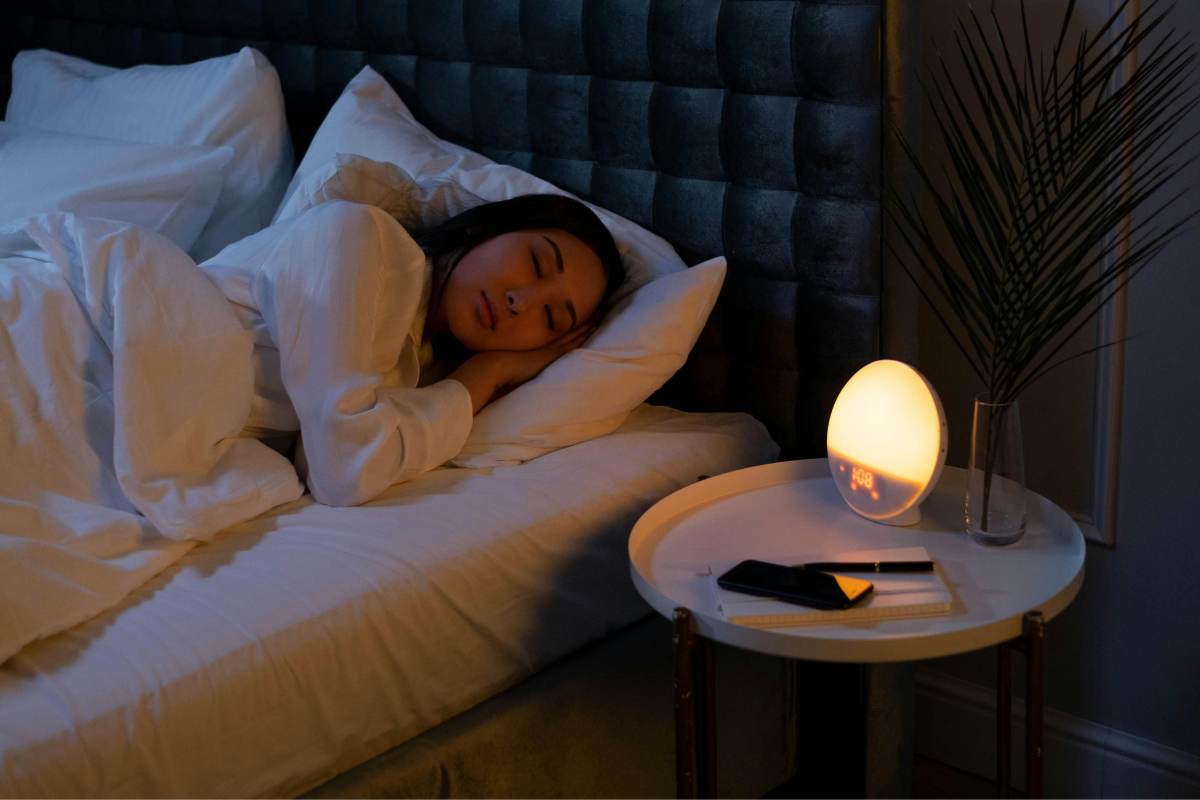
Fueling Your Sleep: The Best and Worst Foods & Drinks for a Good Night's Rest.

Fueling Your Sleep: The Best and Worst Foods & Drinks for a Good Night's Rest.
A good night of sleep is only sometimes entirely about what you do in the hour before bed; just as much, it’s about what you consume during your waking day. The food and drink we put into our bodies can serve as the stage for deep, restorative sleep or as a cause of significant disruption, leaving us tossing and turning. Understanding the connection between what you eat and how well you sleep is a powerful method for gaining some control over your slumber.
The Best Foods and Drinks for a Good Night’s Sleep
These foods either contain compounds that can help your body produce sleep-triggering hormones like melatonin and serotonin or are high in nutrients known to have a calming effect. For example, a daily handful of almonds supplies a reasonable dose of magnesium, which helps calm the nervous system and relax muscles.
Fatty fish such as salmon and tuna are rich in vitamin B6 and omega-3 fatty acids, both of which help serotonin production. Tart cherry juice doesn’t taste great, but it’s a known sleep aid as it naturally has melatonin. Other good options are bananas (potassium and magnesium), warm milk (tryptophan) and kiwi fruit, which studies suggest can help with sleep onset and quality.
The Worst Food & Drinks That Can Sabotage Your Sleep
And like some other foods that aid the slumber, others can wreak havoc on your sleep cycle.
- Caffeine is a potent stimulant, and it can hang out in your body for hours, so you probably want to skip the afternoon or evening caffeine. So, alcohol might make you sleepy at first, but it can interfere with sleep later in the night by increasing wakefulness or cutting into time spent in deeper stages of REM sleep.
- Heavy, fatty or spicy dishes late in the evening can lead to indigestion and acid reflux, preventing you from lying down and feeling at ease.
- Even other seemingly healthful high-sugar foods or refined carbohydrates can lead your blood sugar to spike and then crash, interrupting your sleep but making it difficult to feel rested in the morning.
Strategic Timing is Everything
What and when: There’s more than what you eat. Your digestive system is internally clocked to wind down for the night between eight and ten hours after your morning awakening. Eating a massive meal at bedtime overtaxes your digestion right when it should be taking it easy, which can make you feel pretty bloated (or worse).
In conclusion
Try to have your last meal or major snack 2-3 hours before bed. If you get hungry later on, consume a small, easily digestible snack from the “best foods” list. When you do so deliberately, ensuring that your choices of what to eat and when to consume it will feed your body while fueling the deep restorative sleep you seek.




















































